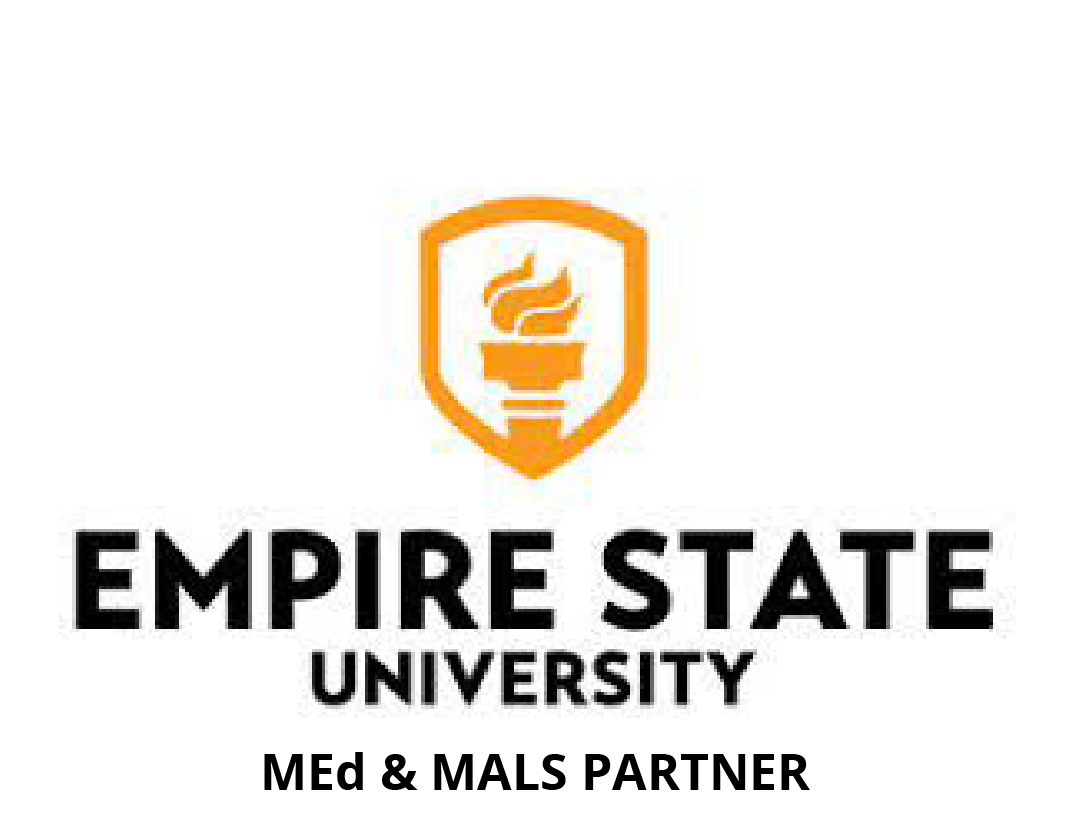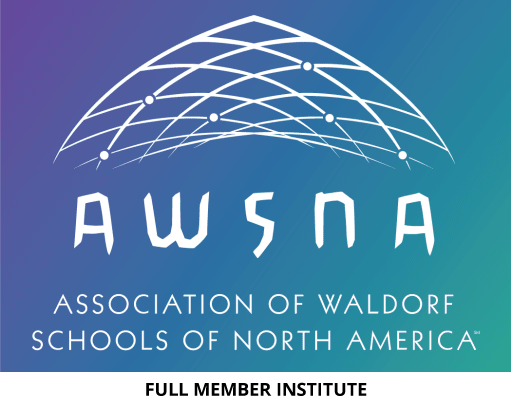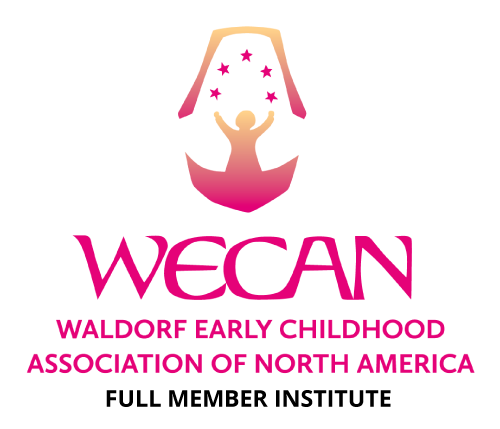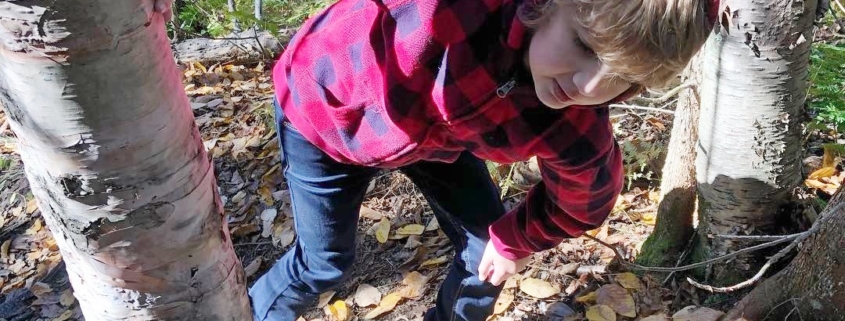
A conference on approaching the twelve senses as an essential tool for teachers
With keynote speaker Adam Blanning, MD
Walk-in registration will be accepted on Saturday morning. Come to the Main House at Sunbridge between 7:45-8:45. Walk-in cost is $330; cash or credit card.
The conference takes place in the Arts Building/Rose Hall on the Green Meadow Waldorf School campus.
Students struggling to be successful in their educational environment, whether in independent or public school classrooms, is a trend which shows no sign of abating. More and more, children are exhibiting difficulty paying attention in class, forming and remembering thoughts, expressing themselves and listening to others, and developing healthy social relationships.
Sunbridge Institute’s 2019 teachers conference offers an approach for educators seeking new and creative ways to engage—and engage with—these children, in order to help them feel more comfortable within themselves and find their place in the world.
Through the guidance of leading anthroposophical physician and Waldorf school consultant Adam Blanning, MD, our conference takes a close look at the school-age child through the lens of the twelve senses—understood by Rudolf Steiner to be the entryways through which each individual can relate to and make sense of the world around them—so we may learn how to better understand and serve the children in our care today.
Rudolf Steiner and the Twelve Senses
Steiner divided the twelve senses into three groups, directly tied to the first three life cycles of the developing human being during their first twenty-one years. Unfolding from birth to approximately age seven, the four foundational senses—life (health, vitality), touch, movement, and balance (also known as the lower or inner senses)—connect young children to their own bodies, anchoring them physically to the world and giving them their sense of self. From about ages 14-21, the development of the four upper (or outer) senses—hearing, language, concept, ego—serves to help adolescents find their connection to other human beings, expanding their sense of cognition and of relating to one another, along with their intellectual capacities.
Between these two stages lies the soul (or feeling) senses of smell, taste, sight, and warmth. It is through these middle senses that the school-age child of 7-14 establishes a connection with and relationship to the outer world. Focusing on this stage of sensory development, our conference will delve into what happens as children move between the lower and the upper senses during the grade school years—and what teachers can do to help facilitate a healthy transition.
Description
In this conference, we will:
- Examine what it is already embedded in the Waldorf curriculum that helps children on their sensory journey
- Share observations of where we see children getting off-track in their sensory development
- Explore what concrete steps we can give to the school-age child so they can navigate their sensory journey in a more integrated and fluid manner
We will approach our topic from the general (How do children move between the senses?) to the specific (How is Waldorf Education serving children who live in an increasingly visual world, from screens to main lesson books?), using specific curricula as framework for our exploration. We will hone in on some common grades 1-8 subjects, both academic and artistic, and view the progression of how these subjects are taught through the lens of the twelve senses.
Through presentation, discussion, and small group work focusing on specific curricular approaches (for class and subject teaching and remedial support), among the questions we will address are:
- How do we work with the twelve senses, taking children from developing themselves to developing a relationship to the world?
- How do the four middle senses serve as an essential bridge between the lower and upper senses and move children from just seeing the world to being interested in the world?
- Where are children getting “stuck” in one of the senses and how do we recognize and support those children?
- How does working with the twelve senses affect diverse learners?
- What changes can we make to our curriculum to effect healthy sensory development?
While our 2019 Teachers Conference is designed specifically for class and subject teachers, it is open to anyone interested in children and Waldorf Education.
Suggested background reading to familiarize you with the twelve senses before attending the conference:
- Spiritual Science as a Foundation for Social Forms by Rudolf Steiner, Lecture III, August 8, 1920 (available at SteinerBooks, Amazon, etc.) or online at the Rudolf Steiner Archive)
- Understanding Deeper Developmental Needs by Adam Blanning, MD, chapters 12 and 13 (available at SteinerBooks, WECAN, Amazon, etc.)
Keynote Speaker
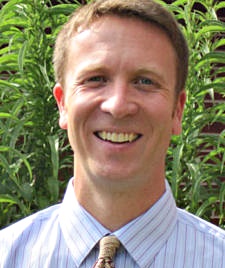 Adam Blanning is currently serving as president of the Association for Anthroposophic Medicine and Therapies in America (AAMTA) and sits on the board of the Physicians’ Association for Anthroposophic Medicine (PAAM), for which he directs the training courses for doctors. He is also a founding member and core faculty for the “Nurturing the Roots” course in Waldorf early childhood therapeutic education and is on the staff of the Denver Center for Anthroposophic Therapies, the medical practice he founded in 2003. In addition to his work as an educational and developmental consultant for Denver-area Waldorf schools, he lectures regularly about anthroposophic medicine and child development, including being a guest speaker for conferences in the US, Canada, New Zealand, and Switzerland. Dr. Blanning attended the University of Colorado, both as an undergraduate studying English literature and for his medical degree, and taught family medicine at New York Medical College and the University of Colorado School of Medicine. His (proud) mother is Nancy Blanning, Sunbridge’s Early Childhood program co-director.
Adam Blanning is currently serving as president of the Association for Anthroposophic Medicine and Therapies in America (AAMTA) and sits on the board of the Physicians’ Association for Anthroposophic Medicine (PAAM), for which he directs the training courses for doctors. He is also a founding member and core faculty for the “Nurturing the Roots” course in Waldorf early childhood therapeutic education and is on the staff of the Denver Center for Anthroposophic Therapies, the medical practice he founded in 2003. In addition to his work as an educational and developmental consultant for Denver-area Waldorf schools, he lectures regularly about anthroposophic medicine and child development, including being a guest speaker for conferences in the US, Canada, New Zealand, and Switzerland. Dr. Blanning attended the University of Colorado, both as an undergraduate studying English literature and for his medical degree, and taught family medicine at New York Medical College and the University of Colorado School of Medicine. His (proud) mother is Nancy Blanning, Sunbridge’s Early Childhood program co-director.
Your conference also includes presentations by Will Crane (Spacial Dynamics® movement educator) on subject teaching, Elizabeth Hall (class teacher at Green Meadow Waldorf school, and Sunbridge faculty member) on class teaching, and Jeanette Rodriguez (program director of the Otto Specht School in Chestnut Ridge, NY) on remedial support..
Schedule
Friday evening, November 8: Doors open at 6:00pm for check-in registration. Conference begins at 7pm and runs until 8:30pm.
Saturday, November 9: Conference runs 9am-5:30pm with time for breaks and lunch.
Housing
Campus housing is reserved directly through Threefold Educational Center.
Cost
$315 (includes Saturday breakfast, lunch, mid-morning and mid-afternoon snacks, and a $25 non-refundable registration fee).
Discount options
Only one discount may be applied:
- Send More/Save More (School Discount):
- For every three attendees a school registers/pays for, a fourth registrant attends for free.
- Schools sending ten or more attendees receive an even higher discount (about 35% off the conference cost).
- Schools interested in taking advantage of one of our volume discount opportunities should fill out a volume discount form, and then follow instructions provided in the form regarding having each attendee complete their individual registration. Requests for volume discounts must be submitted no later than one week prior to the conference date.
- Friends and Family (Personal Discount): Currently enrolled Sunbridge program students receive a 30% discount and Sunbridge program graduates receive a 15% discount. Discount instructions will appear on your registration form after you answer questions about your Sunbridge background in the Participant Profile section. Accounts must be in good standing.
Registration
Online registration is open through noon on Friday, November 8. If you haven’t registered online by that day/time and still wish to attend, you may register as a walk-in, providing space is available (check this web page for updates). Walk-in cost is $330.
Questions?
Contact Admissions and Summer Coordinator Barbara Vitale at [email protected] or 845-425-0055 x20.
Sunbridge Institute reserves the right to cancel any offering at any time. If Sunbridge cancels, all registrants will be notified and will receive a full refund. If the registrant cancels, he or she will receive a full refund less the non-refundable registration fee. Sunbridge reserves the right to make faculty substitutions when necessary.


